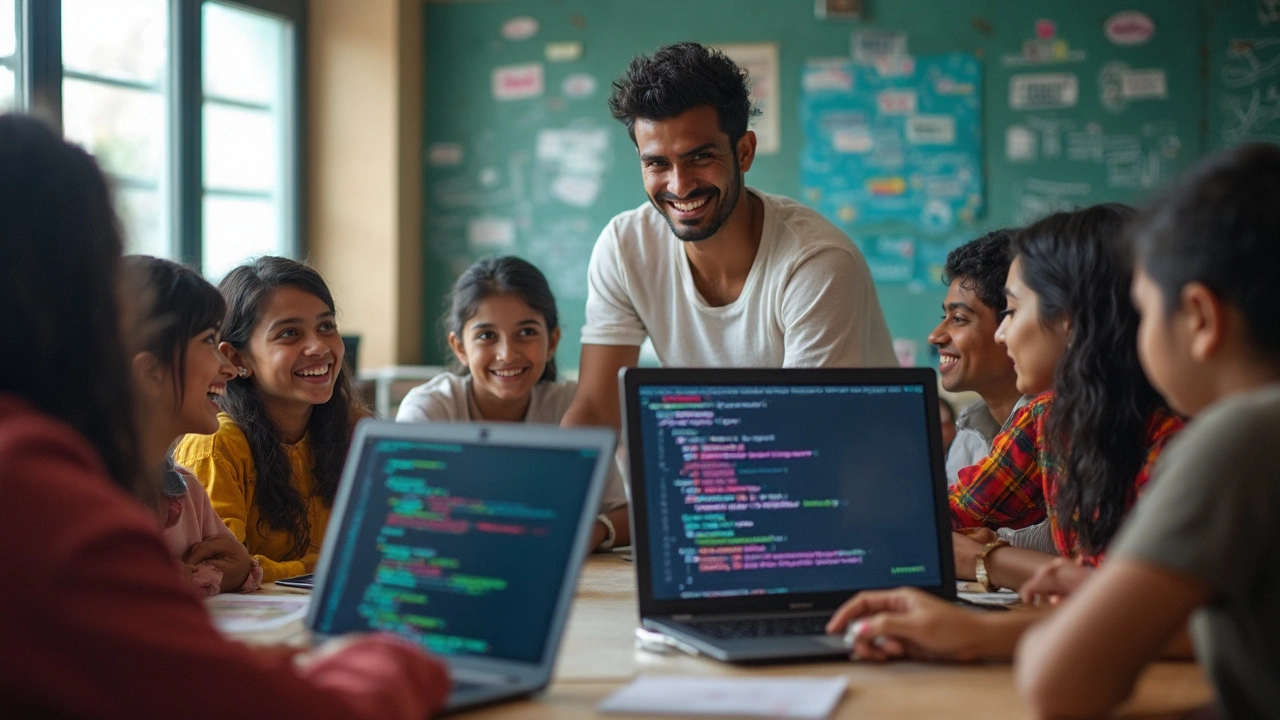Beginner Coding: What It Really Takes to Start Learning to Code
When you start beginner coding, the first step in learning how to write instructions computers understand. Also known as learning to code, it’s not about being a math genius or having a computer science degree—it’s about solving small problems one line at a time. Thousands of people begin coding every month, and most of them quit before they even write their first working program. Why? Not because it’s too hard, but because they’re told the wrong things. You don’t need to memorize syntax. You don’t need to learn every programming language. You just need to build something, even if it’s tiny.
self-taught coder, someone who learns programming without formal classes or a university degree. Also known as independent learner, this is the most common path today—over 70% of developers in 2025 learned on their own. They didn’t wait for permission. They didn’t wait for a course to start. They opened a free website, typed a few lines, broke something, fixed it, and kept going. The real secret? Progress isn’t linear. You’ll feel stuck for days, then suddenly understand something that took others weeks. That’s normal. What trips people up isn’t the code—it’s the expectation that they’ll get it fast. Coding is like learning to ride a bike. You wobble. You fall. Then one day, you’re moving without thinking.
programming basics, the foundational skills every coder needs before diving into frameworks or languages. Also known as core programming concepts, these include variables, loops, conditions, and functions. You don’t need to learn Python, JavaScript, and Java at once. Pick one. Start small. Build a calculator. Make a to-do list. Then repeat. The tools you’ll use—free platforms like Replit, CodePen, or even a simple text editor—are the same ones professionals use. The difference? They started where you are now. And if you’ve ever wondered if you’re too old, too busy, or not smart enough—look at the stories in the posts below. A 50-year-old learned Python and landed a job. A stay-at-home parent built an app in their spare hours. None of them were experts from day one. They just kept showing up.
What you’ll find here aren’t theory-heavy guides or flashy course reviews. These are real stories, real mistakes, and real paths taken by people who started with zero experience. Whether you want to switch careers, build something for fun, or just understand how apps work—you’ll find your next step below.
Most Useful Code to Learn: A Beginner's Guide
If you're new to the world of programming, you might be wondering which code is the most useful to learn first. With numerous languages to choose from, it's important to consider factors like demand, versatility, and your personal interests. This article dives into the best programming languages for beginners, backed by current trends and practical examples to help guide your decision.
Read more